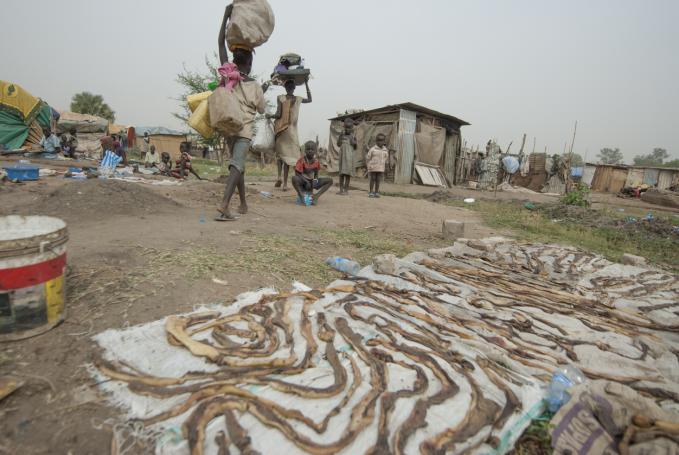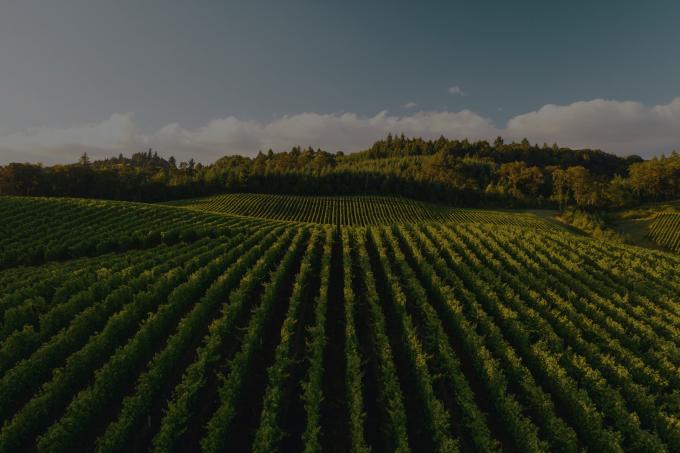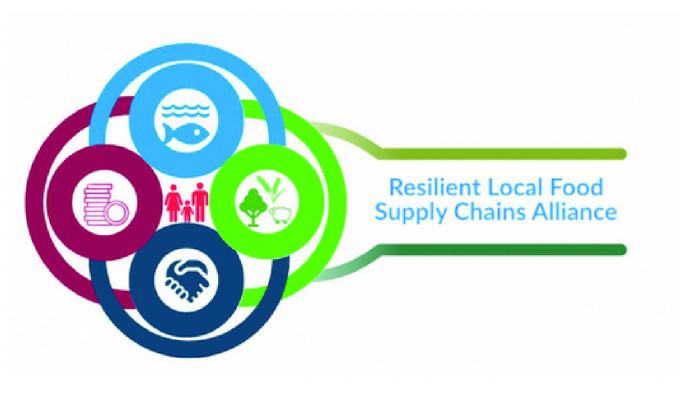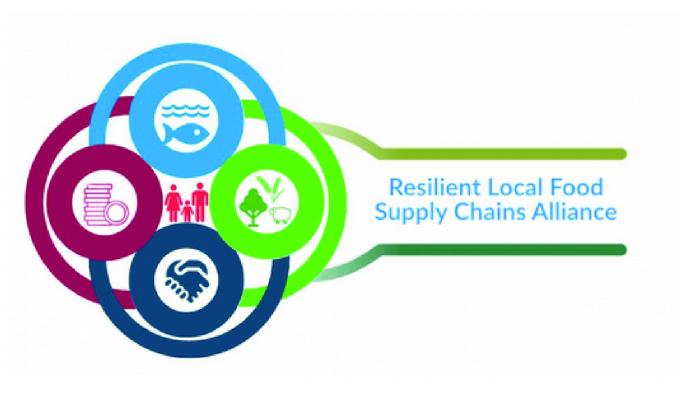Period
2018 - 2018
Nefzaoua's arid climate threatens traditional agriculture based on date palms, endangering livelihoods. Beekeeping, a marginal activity, offers diversification opportunities. Two farmers pioneered modern beekeeping through training and collaboration with local agricultural institutions. They expanded from a few hives to over 30 and 50, producing sought-after honey in an environmentally sensitive region. Beekeeping acts as a catalyst for agricultural economies by fostering honey production and enabling the cultivation of bee-dependent crops. The practice also plays a crucial role in pollination, enhancing overall agricultural productivity. Moreover, beekeeping serves as an empowering avenue for women, providing economic opportunities and contributing to their active participation in sustainable livelihoods. Its success has sparked interest and discussions about formalizing knowledge through a beekeeping association. Support is essential to spread this practice in Nefzaoua.
You must be registered to see all the content
Identification needs
The oases of Nefzaoua have a Saharan climate characterized by low rainfall, high temperatures and aridity accentuated by a long dry season. The agricultural sector, which concerns 26% of the active population, has gradually been oriented towards date palm varietal monoculture, which remains the main means of subsistence in certain areas of the region. But this balance is seriously threatened. The gradual degradation of resources (soil, water and biomass), the loss of traditional knowledge and biodiversity due to specialization are jeopardizing the living conditions of many farmers in the region.
Honey production is one of the important traditional activities of the oases in southern Tunisia. Many farmers practice beekeeping to diversify their sources of income, but despite everything, it remains very marginal in the oases of Nefzaoua. Aware of the importance of this activity, some farmers in the region are working to develop and spread this practice.
Stakeholder change
In general, oasis beekeepers in the Nefzaoua region acquire their know-how through contacts with people who already have experience in this field and also by contacting establishments providing professional agricultural training such as the “Cellule Territoriale de Vulgarisation” (CTV) and the “Office de l’Elévage et Pâturage” (OEP) in order to be accompanied in the conduct of their beekeeping activities.
Change triggered
Thanks to the progressive development of their activities, the two beekeepers grew from a wild hive to 30 and 50 hives, respectively. However, the quantity of honey sold on the market remains undetermined due to the retail marketing of the product by the beekeepers themselves. The two farmers have confirmed that up to 35 kg of honey can be obtained from a well-managed hive. They are also helped by the women of their families during the honey extraction activities. The strong points of this initiative: 1) dissemination of beekeeping practices while raising awareness of the benefits of these activities 2) Tunisian honeys are highly sought after thanks to a favorable climate and very diversified vegetation 3) impacts on the environment and on humans are large for a limited space. Bees bring a very important environmental added value. By choosing plantations adapted to the soil, the bees themselves adapt to the environmental constraints of the particularly sensitive climate in this region 4) beekeeping contributes to the agricultural economy, not only through honey production but also by pollinating crops 5) reintegration of women into agricultural work.
Short description
Two farmers have diversified their sources of income by developing the beekeeping activity thanks to the support of local actors and the favorable environment in the oasis of Nefzaoua. The diversified and layered cropping systems of this oasis are perfectly suited to beekeeping since the flowering of fruit trees is staggered over part of the year. Through meetings with neighboring beekeepers and thanks to various professional trainings, they transmit all their knowledge to amateur beginners of this practice (7 future beekeepers from the “Bechri” region). But even more, they pass on their passion for beekeeping for the benefit of other farmers. Indeed, the exchanges of know-how between beekeepers in the Bechri region gave rise to discussions for the creation of an association dealing with beekeeping so as to formalize and consolidate the knowledge acquired by the two men. Mr. Hichem Braiek, head of the technical extension unit of the CRDA, informed us that the beekeeping activity in Nefzaoua oasis still active until today and needs more support to spread it.













